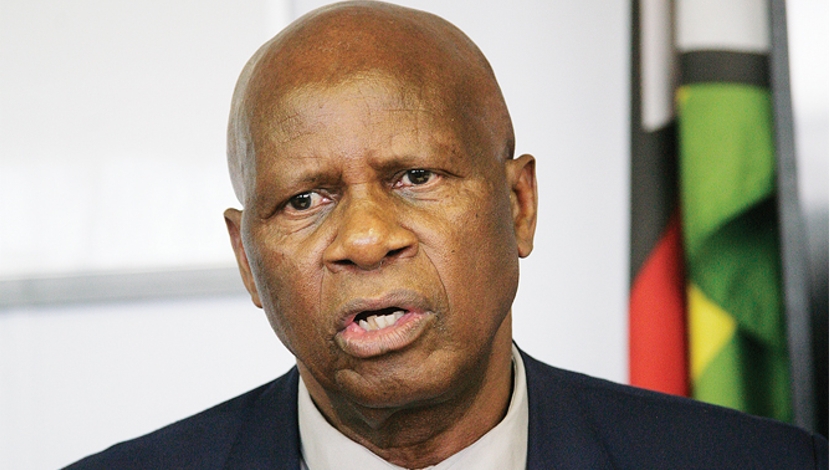
African investment will be the oil that spurs the growth of the Southern African economy in the wake of an infrastructure boom that requires funding, analysts say. This comes in the wake of the recent visit to Zimbabwe by Nigerian billionaire Aliko Dangote.
UNCTAD has suggested that increasing intra-African foreign direct investment (FDI) is in line with leaders’ efforts towards deeper regional integration.
Dangote, Africa’s richest man, has been expanding his company’s footprint into Southern Africa. After investing in South Africa, Tanzania and most recently Zambia, where the group established a $400 million cement manufacturing plant, Dangote has stated his intention to invest billions of dollars in Zimbabwe’s economic enablers, among them power generation, cement production and coal mining.
“Africa’s future growth is intrinsically linked to cement,” Dangote said earlier this month when he opened the new factory in Ndola, Zambia. Dangote Cement, which has expanded capacity five-fold in the last four years, plans to about double potential output, to 80 million tonnes – effectively taking the reins from Lafarge.
Zimbabwe’s cement industry has been dominated by Pretoria Portland Cement and Lafarge.
PPC is spending $200m on expanding its production facilities in Zimbabwe by 2020 and will add new milling facilities in Harare to milling and clinker assets in Bulawayo and Gwanda, bringing total capacity in the country to about 1.2-million tonnes annually.
The new Harare plant will cost about $86m and should be up and running in the middle of next year. Lafarge plans to increase its cement production capacity to 0.5 million tonnes once a current plant upgrade is complete at its Manresa cement plant. The plant upgrade would cost between $15 million and $20 million.
Construction companies say cement prices have declined by about 20% in Zambia, a result of Dangote’s push against LafargeHolcim. Maybe the same effect will be felt in Zimbabwe and result in lower prices.





